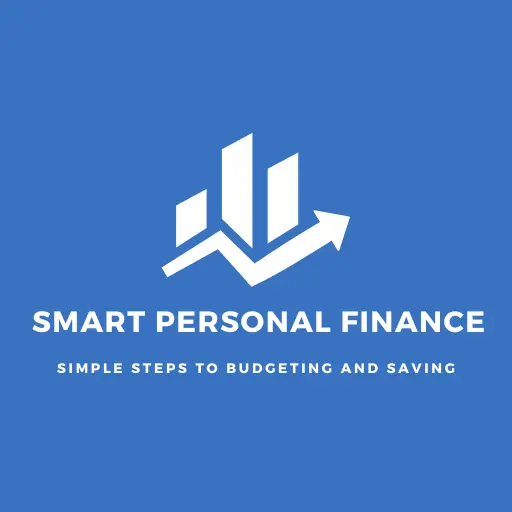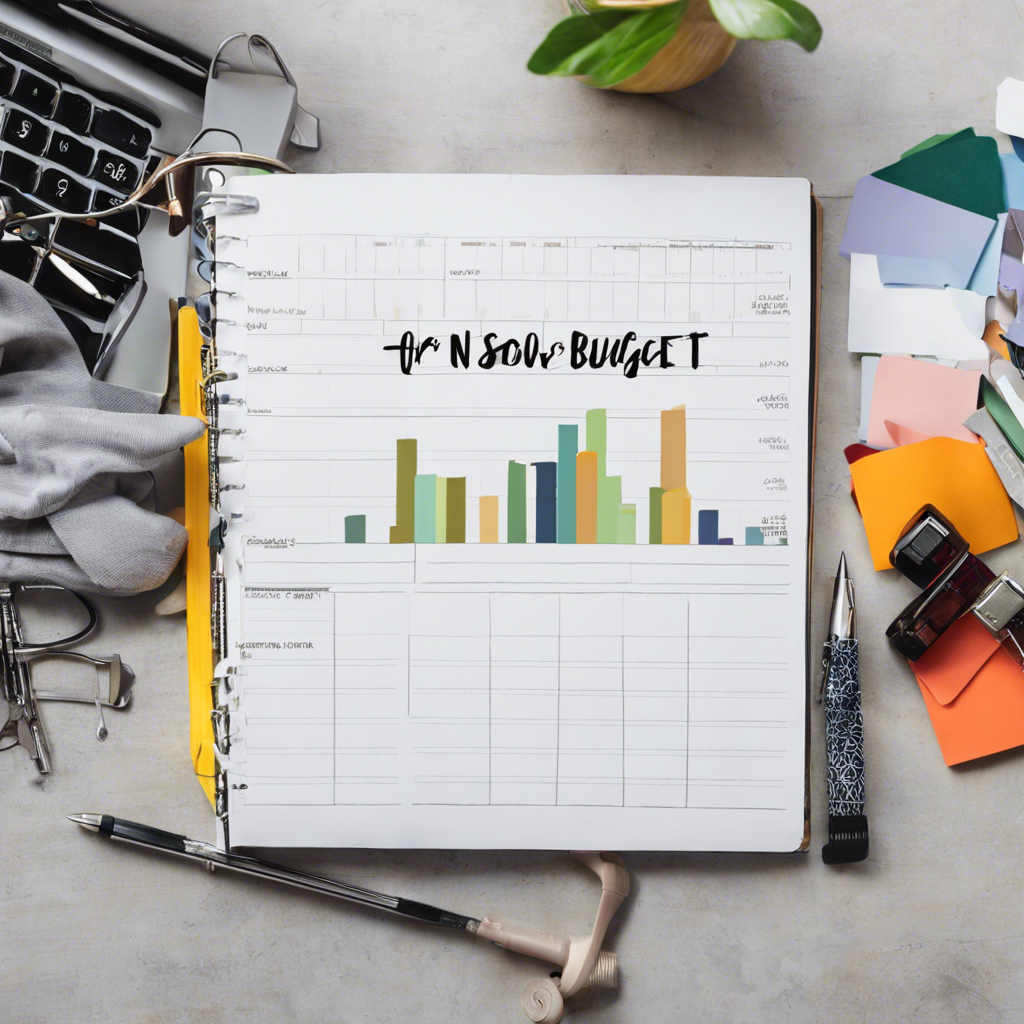Are you considering a financial detox to reset your spending habits and boost your savings? Implementing a no-spend challenge can be an effective way to achieve this. The concept is simple: you commit to avoiding unnecessary purchases for a set period, typically 30 days. This approach encourages mindful spending and can highlight areas where your budget may be overextended.
So, how do you create a no-spend budget and stick to it for 30 days? The first step is to assess your essential expenses. These are non-negotiable costs such as rent, utilities, insurance, and groceries. Determine the minimum amount you need for these essentials during the challenge period. It’s crucial to differentiate between ‘needs’ and ‘wants’ during this phase.
Next, identify the areas where you can cut back or eliminate spending. This may include eating out, entertainment, subscriptions, and discretionary shopping. While these expenses might enhance your lifestyle, they are not essential for survival. Reducing or eliminating them is the key to a successful no-spend challenge.
##
For the challenge to be effective, you must be realistic and set achievable goals. If you’re a coffee lover, for instance, completely cutting out your daily caffeine fix could be challenging. Instead, consider setting a budget that allows for a limited number of coffee runs or invest in a quality home brewing system. The aim is to change your spending habits, not make the challenge so restrictive that it’s destined to fail.
During the 30-day period, it’s essential to stay motivated. Remind yourself of your financial goals, whether it’s saving for a vacation, paying off debt, or simply developing better spending habits. Keep a journal to track your progress, and celebrate small wins along the way.
Another tip is to avoid triggers that might tempt you to spend. This could mean unsubscribing from promotional emails or avoiding the mall if window shopping often leads to impulse purchases.
##
Meal planning is a powerful tool during a no-spend challenge. It helps you save money by reducing food waste and the temptation to order takeout. Plan your meals for the week, create a detailed shopping list, and stick to it when you go grocery shopping.
Lastly, don’t forget the social aspect of spending. If your friends suggest meeting at a restaurant, propose a potluck dinner at home instead. It’s a great way to socialize without the expense of dining out.
##
A no-spend budget for 30 days can be an eye-opening experience, revealing just how much you can save by adjusting your spending habits. It encourages discipline, mindfulness, and a healthier relationship with money. Remember, it’s not about deprivation but rather about making conscious choices and gaining control over your finances.

